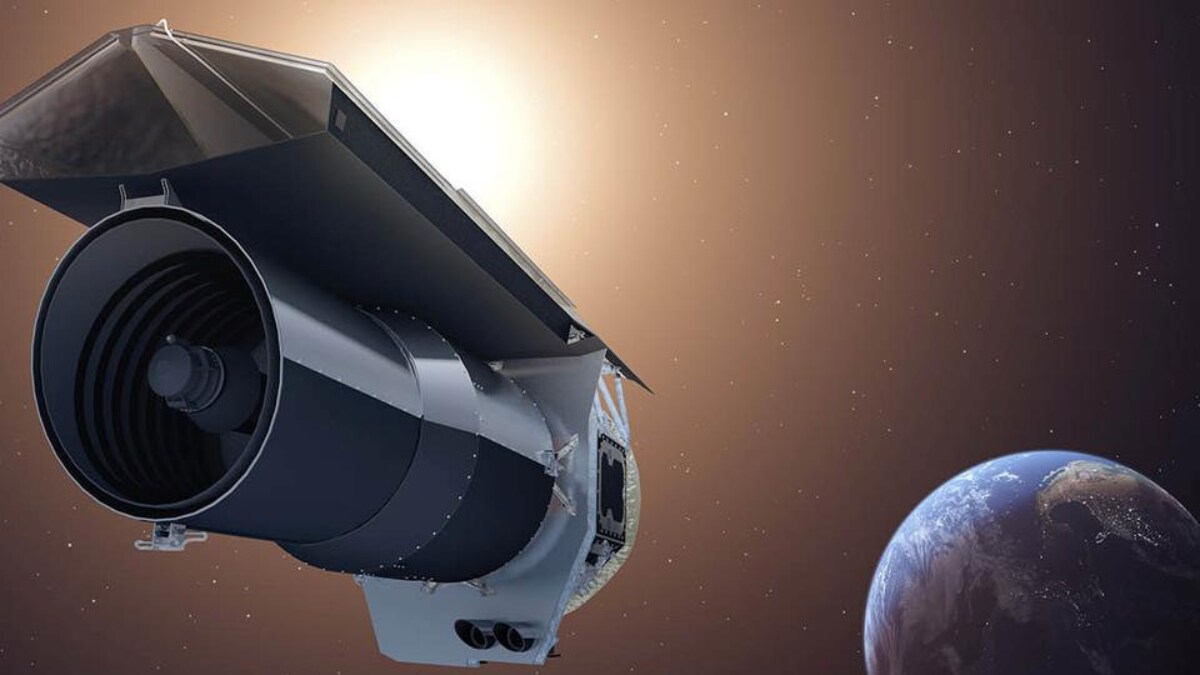Last Updated: April 27, 2023, 15:59 IST
Researchers used machine learning tools, a kind of artificial intelligence (AI), and now has confirmed evidence of previously unknown exoplanet. The researchers from University of Georgia (UGA), US, said their study showed machine learning to correctly determine the presence of exoplanets by looking in protoplanetary disks, the gas around newly formed stars. They said their findings, published in The Astrophysical Journal, represented a first step toward using machine learning to identify previously overlooked exoplanets.
“We confirmed the planet using traditional techniques, but our models directed us to run those simulations and showed us exactly where the planet might be,” said Jason Terry, doctoral student in the UGA Franklin College of Arts and Sciences department of physics and astronomy and lead author on the study.
“When we applied our models to a set of older observations, they identified a disk that wasn’t known to have a planet despite having already been analysed. Like previous discoveries, we ran simulations of the disk and found that a planet could re-create the observation,” said Terry.
According to Terry, the models suggested a planet’s presence, indicated by several images that strongly highlighted a particular region of the disk that turned out to have the characteristic sign of a planet – an unusual deviation in the velocity of the gas near the planet.
“This is an incredibly exciting proof of concept. We knew from our previous work that we could use machine learning to find known forming exoplanets,” said Cassandra Hall, assistant professor of computational astrophysics and principal investigator of the Exoplanet and Planet Formation Research Group at UGA.
“Now, we know for sure that we can use it to make brand new discoveries,” said Hall.
The models were able to detect a signal in data that people had already analysed; they found something that previously had gone undetected.
The researchers said their study is an example of how engaging AI can enhance scientists’ work by expanding researchers’ accuracy and efficiently economising their time.
“This demonstrates that our models – and machine learning in general – have the ability to quickly and accurately identify important information that people can miss. This has the potential to dramatically speed up analysis and subsequent theoretical insights,” Terry said.
Read all the Latest Buzz News here
(This story has not been edited by News18 staff and is published from a syndicated news agency feed – PTI)

